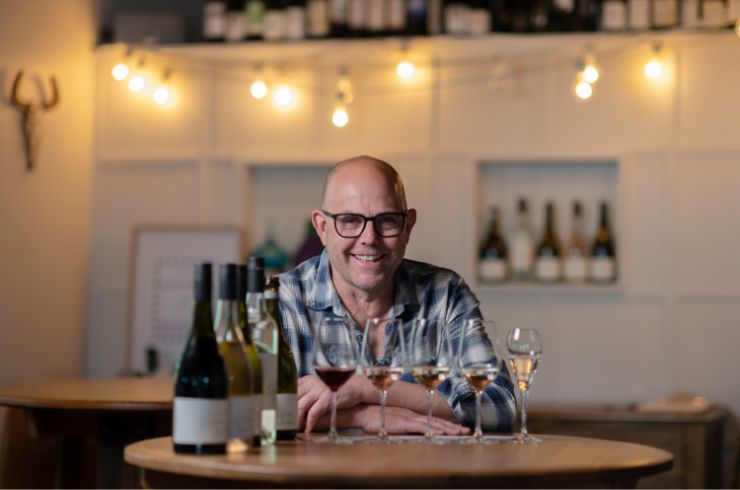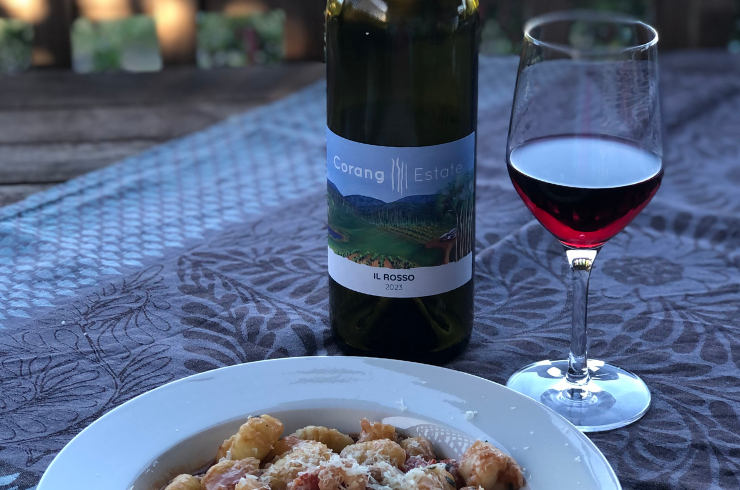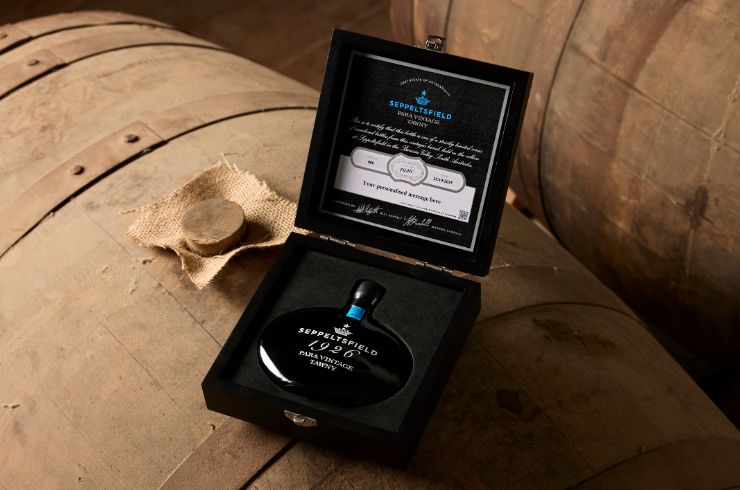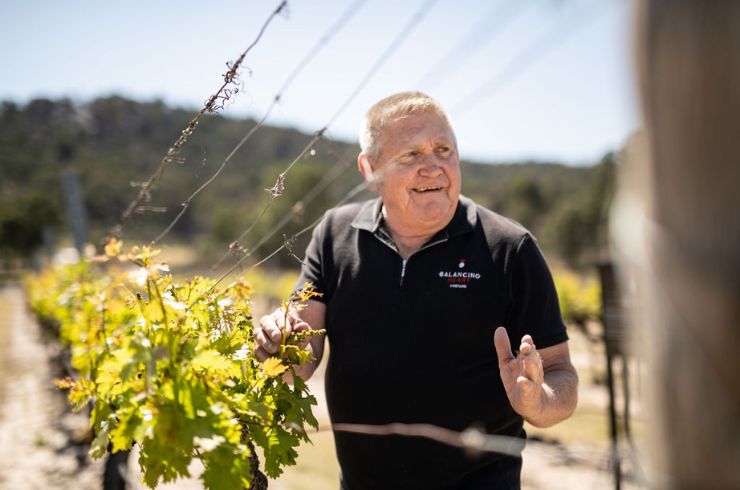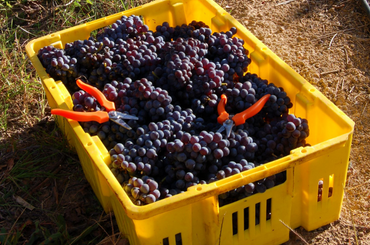There’s no doubting Virginia Willcock’s professionalism – nor stamina. The morning after winning one of Australia’s highest accolades, 2026 Halliday Winemaker of the Year, with barely a few hours’ sleep, she’s in fine form talking about the evolution of Vasse Felix’s pinnacle red, Tom Cullity.
The occasion is to showcase a 10-year vertical, from the inaugural 2013 to the about-to-be-released ’22. And what a stellar lineup, perfectly highlighting place, the region’s oldest vines, vintage, seasons and a fabulous story that brings it all together.
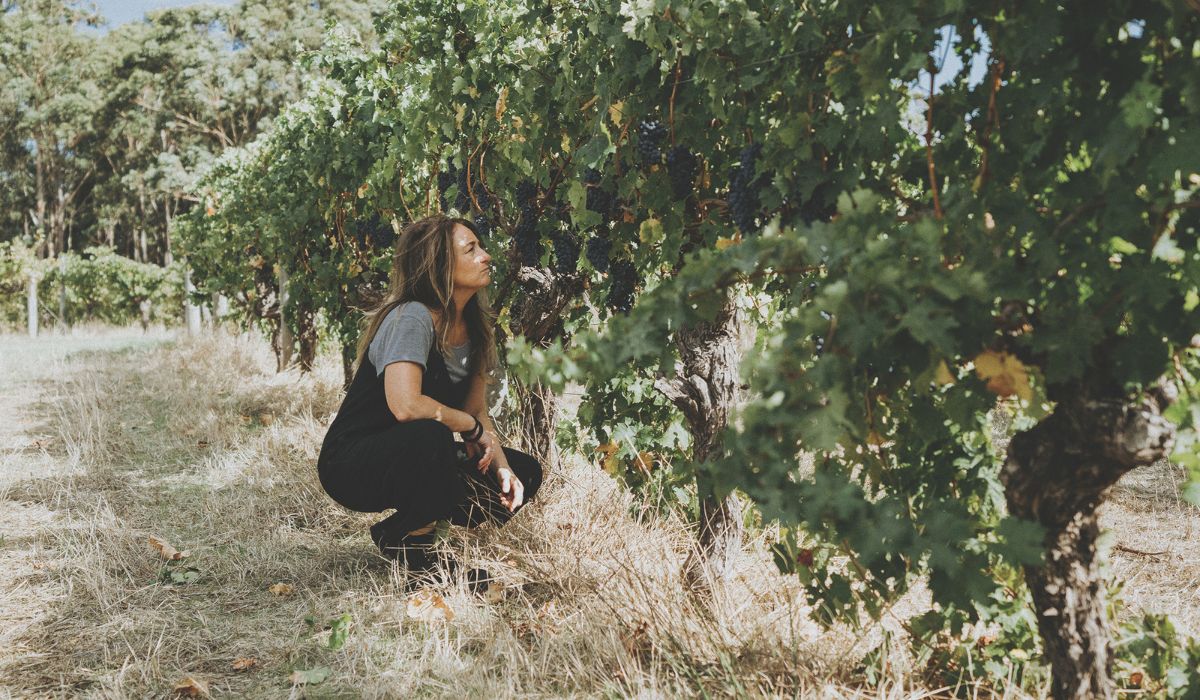
The history of Tom Cullity
In 1967, Perth-based cardiologist Dr Tom Cullity planted Margaret River’s first grapevines. He loved German riesling, so planted 1.6ha of the variety, plus 0.8ha of cabernet sauvignon and 0.2ha each of malbec and shiraz. The riesling is long gone but those original cabernet and malbec vines, now nudging 60 years of age, are so special – and still barely in their prime.
The vines are planted on a small gravelly knoll with four different row orientations on free-draining, sandy loam soils. Deeper down, roots penetrate clay, which soaks up winter rains and supports the vines over summer. Year in, year out, those vines grow to a moderate size and produce a consistent amount of fruit – save for 2019, which was a low-cropping vintage across the region.
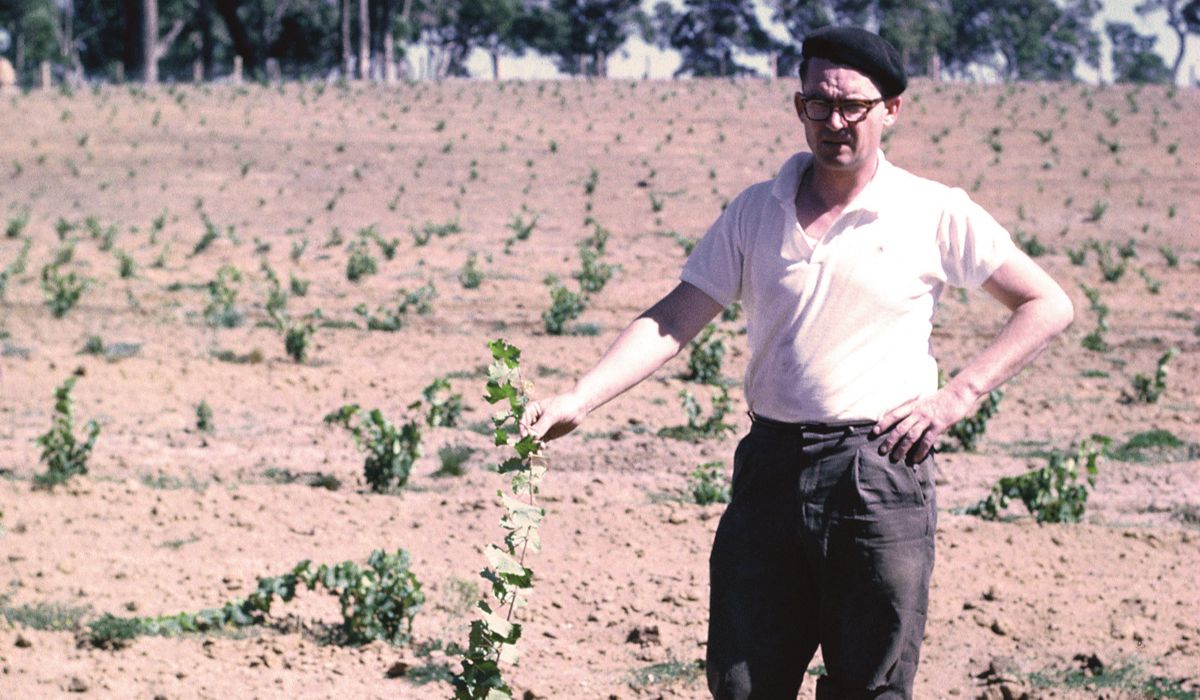
These vines are thriving, nurtured and idolised. Tom Cullity planted them, and their fruit now goes into the cabernet sauvignon/malbec blend named after him. It’s worth remembering that Vasse Felix’s top cabernet was previously called Heytesbury, and was last made in 2012. Today that name is used only on the icon chardonnay.
The inaugural Tom Cullity Cabernet Sauvignon Malbec release
“When the 2013 came out, everyone said, ‘Ooh, that’s a courageous move – a light icon wine,” says Virginia. “'It’s a beautiful drink on release, but is it going to age well?'
“Well, six years later (in ’21, at another mini-vertical tasting) everyone thought it looked younger than it did on release. So, we started calling it Benjamin Button. It blew everyone’s mind. Looking at it today as a 12-year-old wine, it has barely moved in the last six years.”
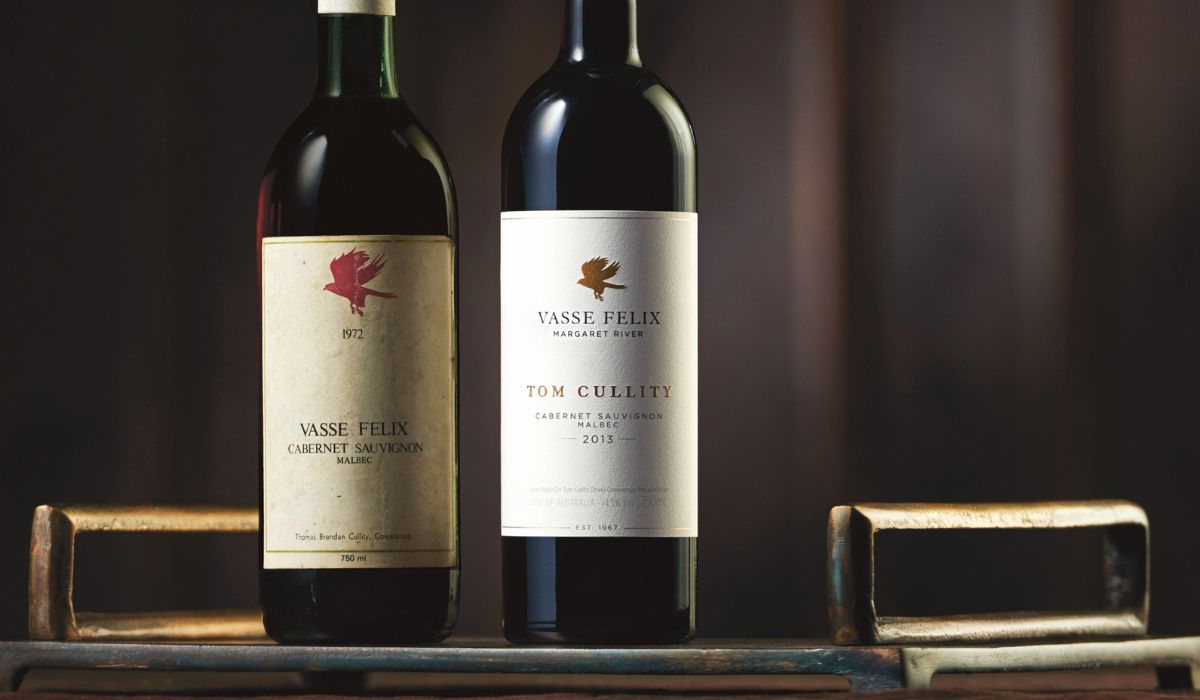
Reflecting on the history, the life span of the vines and now the decade-long era of crafting Tom Cullity, Virginia adds: “I can’t believe it’s been 10 years. This is a beautiful journey we’ve been on. This wine tells the story of the seasons, tells the story of the vintage in such a precise way, and it’s a beacon of Margaret River cabernet.”
How Tom Cullity is made
As to the winemaking, it is responsive and specialised rather than formulaic: wild fermentation, whole berries, cold soak, lots of oxygen to resolve tannins before fruit is pressed to barrel. Most vintages hover around 60 per cent new French oak, but obvious oak character is not a signature of this wine: “We use the most flavourless oak with the finest tannins.”
Are there any surprises in this line-up?
“The 2015,” she says. “I thought it was the most subdued, and, for want of a better word, the blandest release. I wanted to get really excited about the vintage, but nothing stood out. But in the last year, that 2015 has started to age so beautifully. It’s the perfume, the florals, the elegance; it has turned into a magic pudding 10 year later. I never thought this would be so beautiful in its life.”
Vasse Felix Tom Cullity Cabernet Sauvignon Malbec 10-year vertical tasting
2013
The inaugural release was launched in May 2017 to commemorate 50 years of Vasse Felix, Margaret River’s founding producer. “Dr Cullity’s first ever red wine (a 1972 cabernet malbec) was made essentially from the same vines,” owner Paul Holmes à Court said at the time. “I can’t think of a better way to pay tribute to the man.”
It was wonderful to revisit this wine, as I remember tasting it in 2016 and thinking ‘wow, this is something special’ and it still is today. There’s synergy between the cabernet and malbec, with four per cent petit verdot, which Virginia calls “seasoning – it’s a bit like adding salt and pepper to food”. The wine is still youthful and super fine with florals, peppi tree, joss sticks and potpourri, and a vibrancy belying its age. Supple, complex, beautiful tannins. Drinking superbly, and will easily last for another 10 years.
Fellow Halliday taster Toni Paterson MW said of the ’13: “It is probably one of the best Australian wines I’ve ever had ... outstanding.” There is no better compliment.
2014
Lovely definition. Youthful and inky with hints of fennel and peppi tree. It’s fuller-bodied but not weighty, with plentiful yet shapely tannins.
2015
There’s an earthiness, a savouriness throughout, with nicely drying, defined tannins and a very long carry. One of the highlights for me. Just in a good-drinking zone, yet plenty of time ahead of it.
2016
So youthful – full of mulberries and red pomace, tobacco. Earthy, too, with a distinct mineral edge. Complex and elegant, with no shortage of tannins. Love it.
2017
One of the highlights, despite the cool, late vintage and high yields which led to late-season vine thinning. Still, there’s beautiful tannin ripeness and acid preservation. Virginia remarks that the odd years seem lighter weighted with less fruit and less tannin, and the even years show brighter, perkier fruit with a more substantial architectural tannin structure. This is supple and super fine with bright fruit. Cedary, spicy, complex and shaped by fine tannins.
2018
A lauded vintage, which shows no signs of ageing any time soon. It’s incredibly vibrant with upfront fruit, all mulberries and cassis, lithe acidity and fine, silky tannins. It’s mid-weighted with a long, long finish; pops of exotic spices, tobacco and woodsy notes. Stunning. An absolute highlight.
2019
Sheer concentration defines this. Fuller-bodied with gravelly tannins, structured, complex and loaded with flavour. Needs more time. A sleeper, a keeper.
2020
Ridiculously youthful, yet with so much depth in its fuller-bodied palate. Malbec adds savouriness and mulberries. Earthy, with wood smoke/chicory, a touch of walnut and grainy yet robust tannins.
2021
One of my favourite Tom Cullitys for its beauty, elegance, refinement, detail and structure. Yes, a baby – loaded with fruit, spice, tannins and acidity, yet all in harmony. Sublime now, and will be for another 20+ years.
2022
A pup. A beauty. A classic. This has all the hallmarks of a great wine with several decades ahead of it, although it's hard to resist now.
The '22 vintage of Tom Cullity will be released on October 1, 2025.
Sign up to view these tasting notes and ratings
By becoming a member of Wine Companion, you'll have access to the largest database of wines in Australia.
Order your copy of the 2026 Halliday Wine Companion today
The 2026 edition of the seminal guide to Australian wine, the Halliday Wine Companion, is on sale now. Secure your copy today, or upgrade to a Vintage Halliday membership.
Latest Articles
-
Meet the winemaker
The "trifecta": Why La Prova's Sam Scott chose to focus on Italian varieties
2 days ago -
Wine Lists
The rise of Italian varieties in Australia: 14 must-try wines rated 91+
19 Feb 2026 -
News
Back-vintage tastings, cellar tours, degustations – why you should go to Tastes of Rutherglen this March
18 Feb 2026 -
News
The history of Seppeltsfield's treasured 100 Year Old Para Vintage Tawny through our favourite tasting notes
18 Feb 2026

